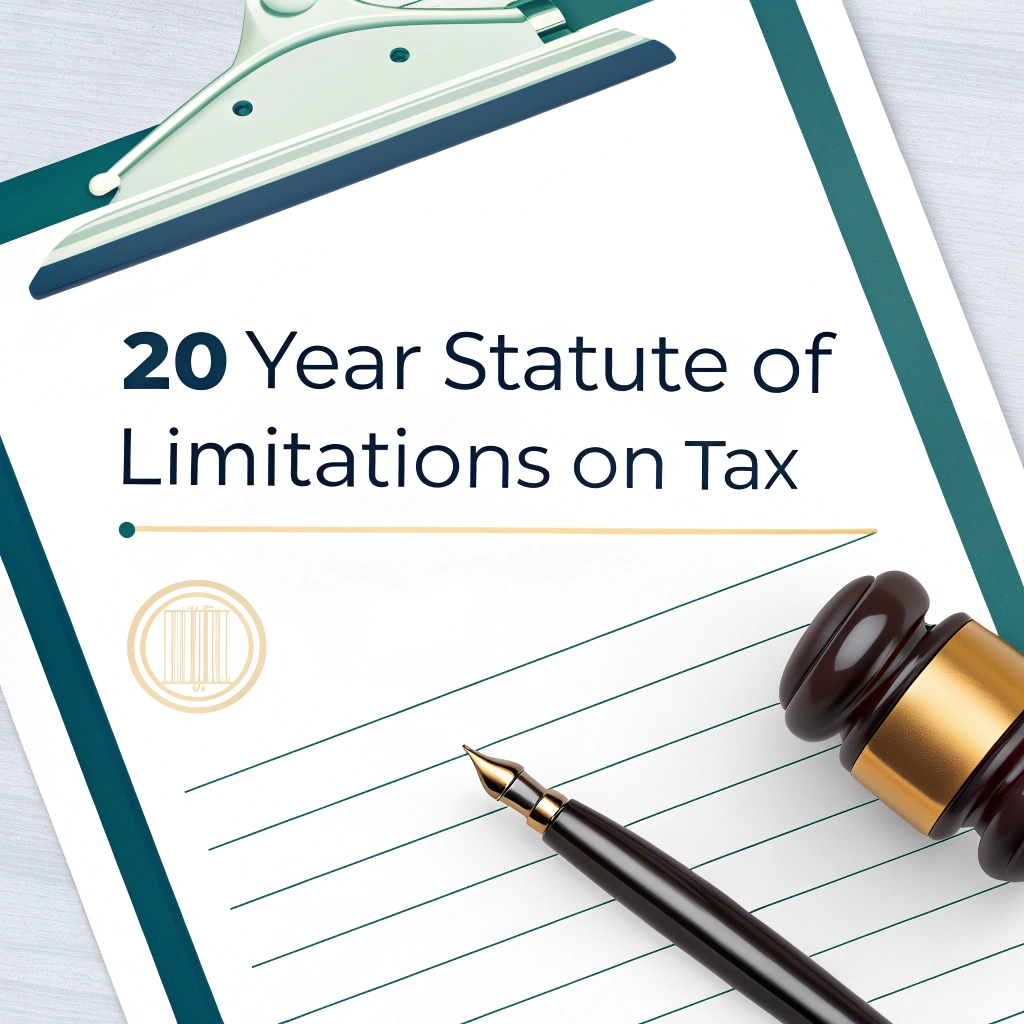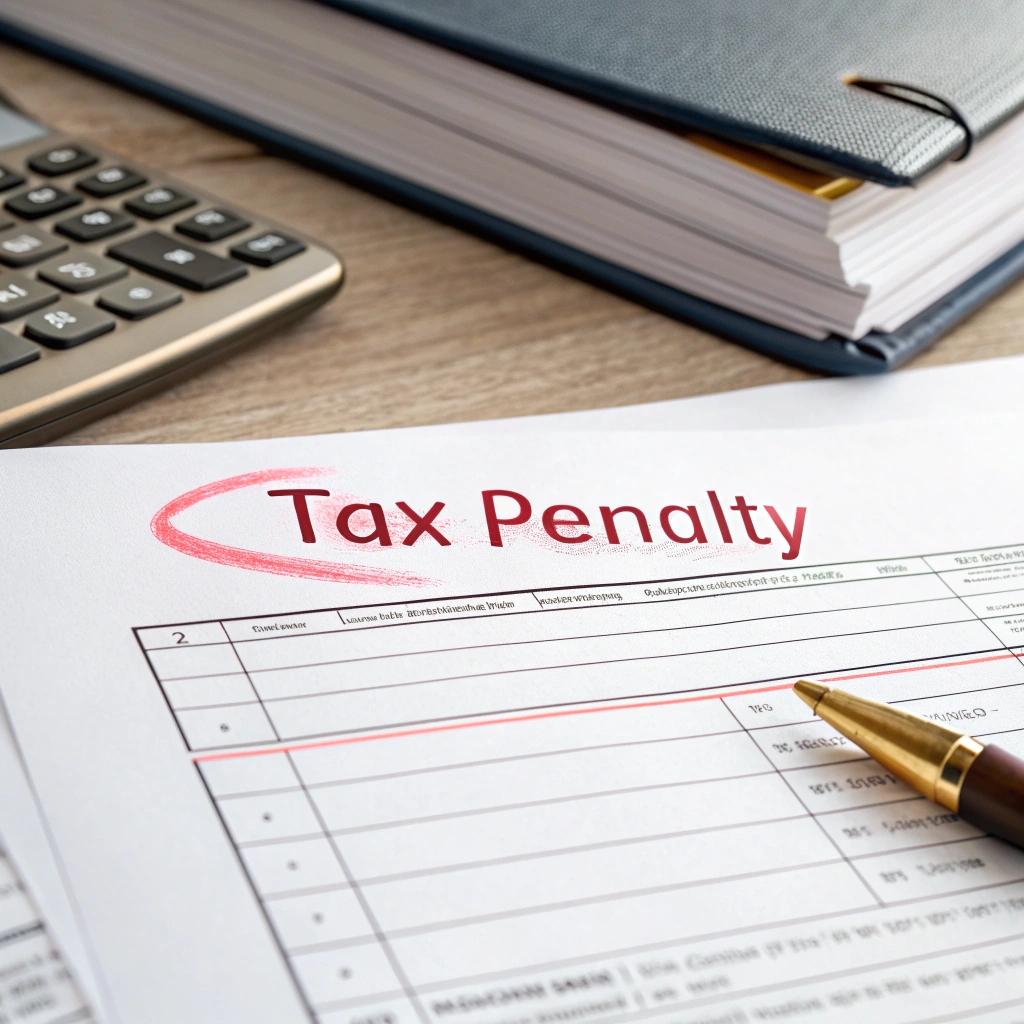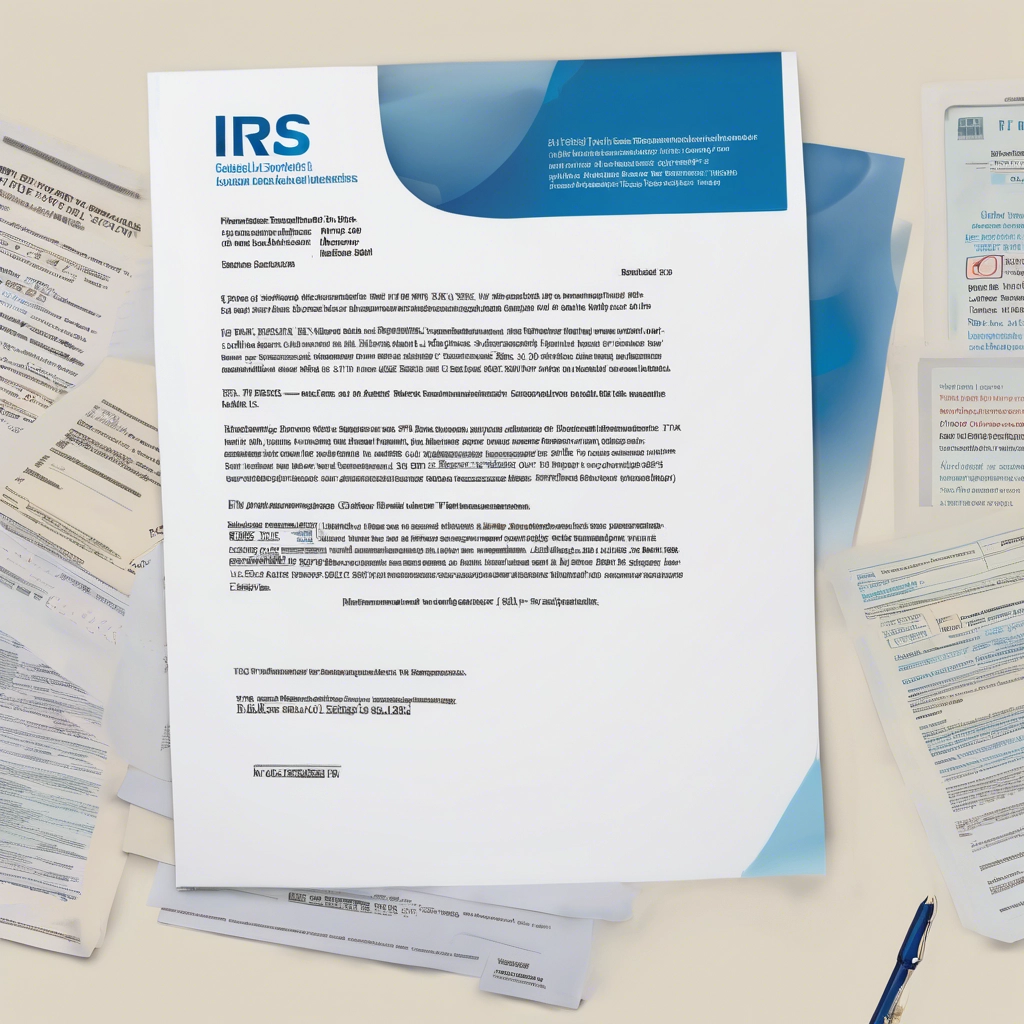
New York Tax Attorney for Business Tax Problems
June 28, 2025 | Payment Plans Tax Laws
Business Tax Attorney NY — Resolve Your Business Tax Problems If you have a business tax concern, we can help. At the Timothy S. Hart Law Group, we understand the complex range of problems and concerns faced by New York business owners. Whether you're just getting ready to launch or ready to shut down operations, we can help you. Business owners in this state have substantial tax responsibi... CONTINUE READING










